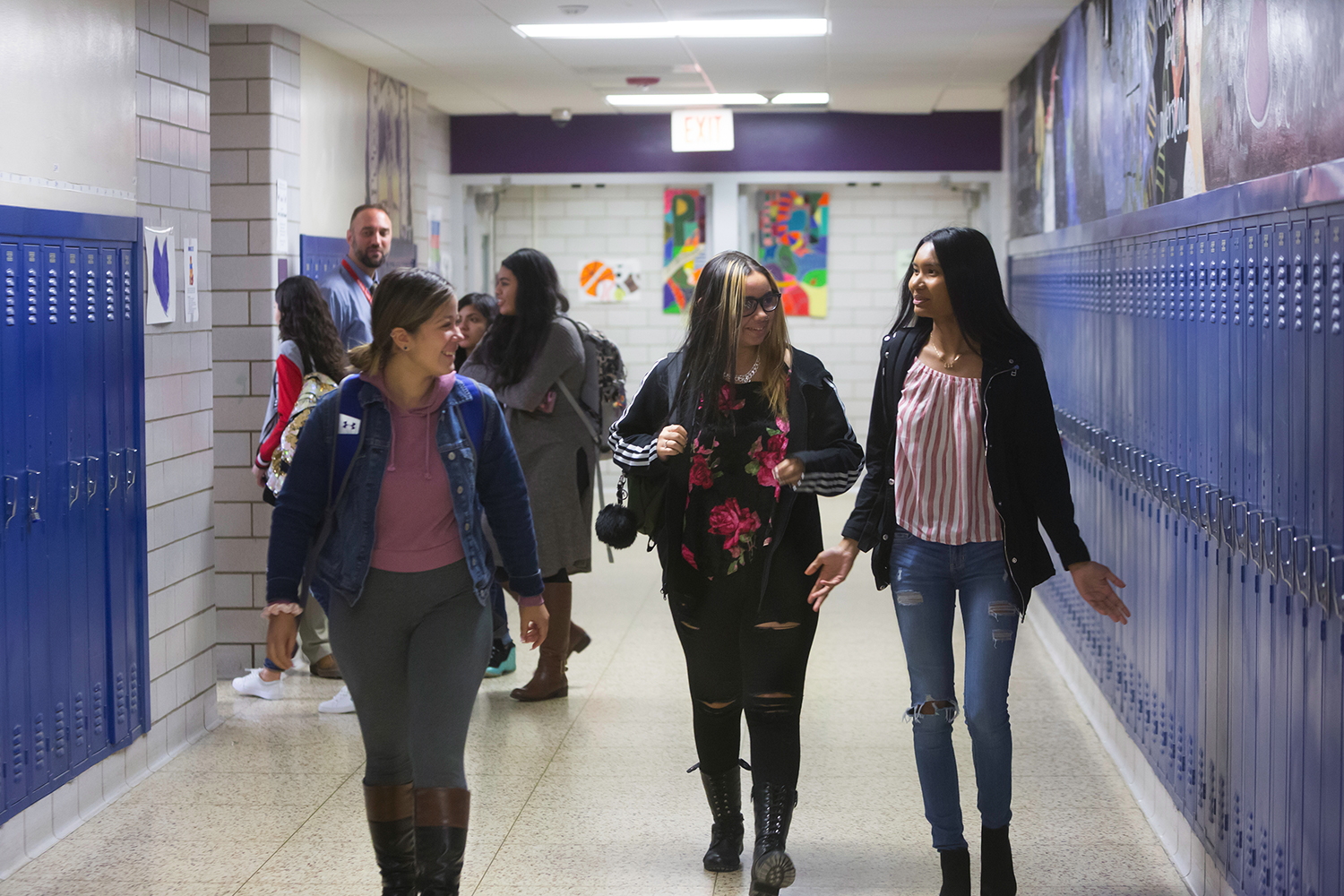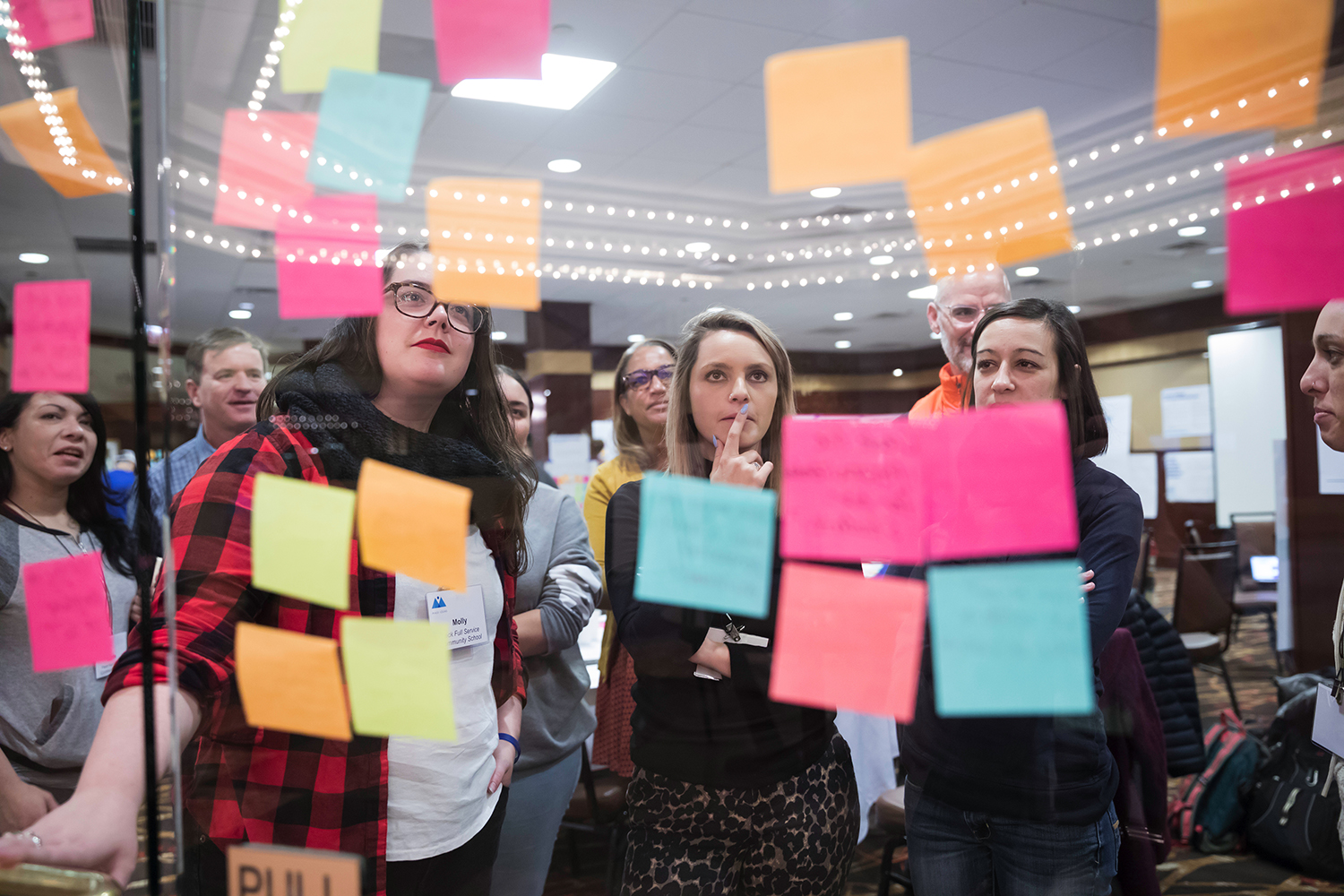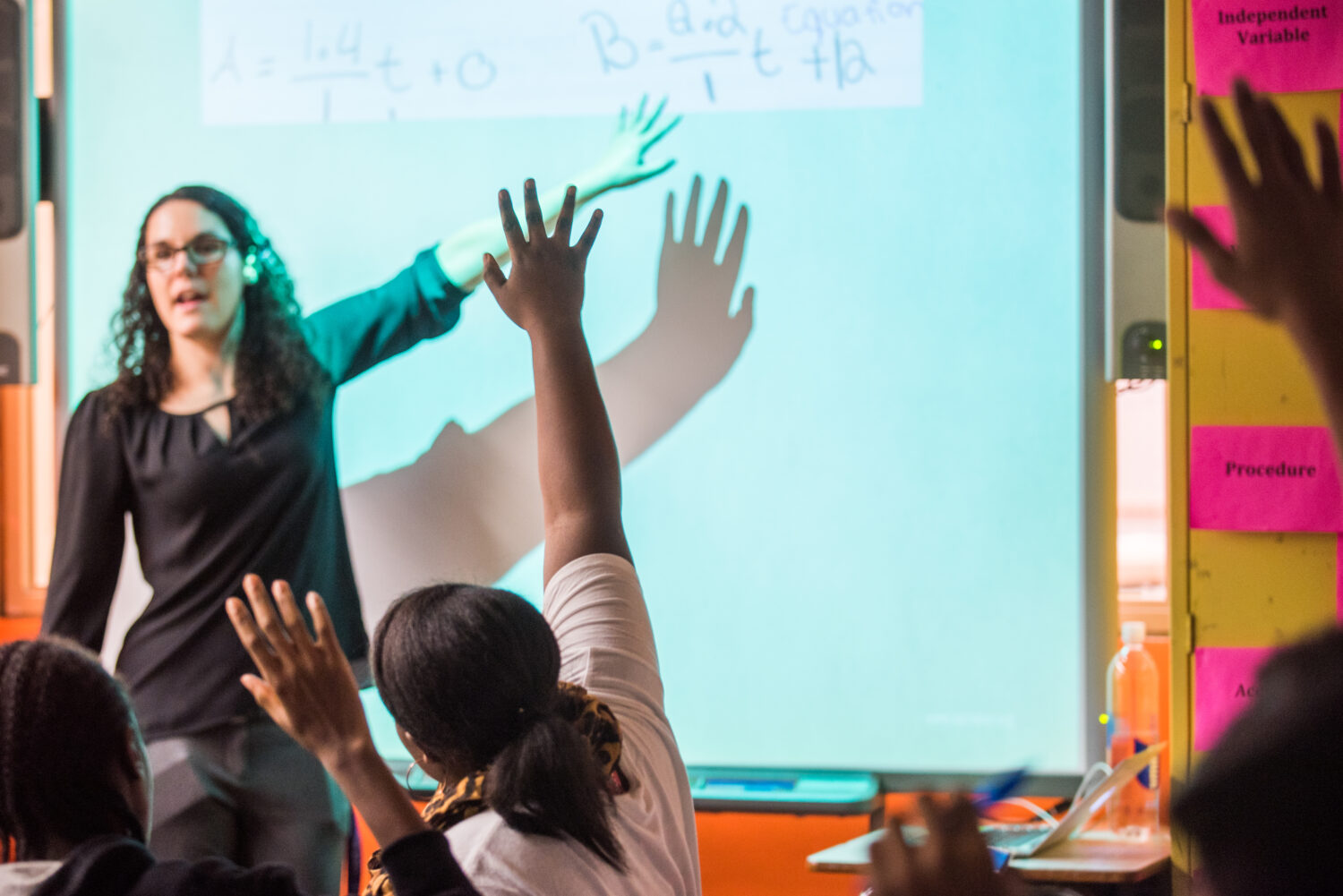Last year, Boston Mayor Martin J. Walsh set an ambitious goal of providing high-quality early education to all of four-year-olds. He also appointed a task force (of which I am a member) to recommend strategies for getting there—recognizing that success will depend on consistently reaching a universal standard for high quality.
Success will depend on consistently reaching a universal standard for high quality.
In a previous blog post, I highlighted the success of Boston Public School (BPS)’s pre-K program, which a Harvard study found to be one of the most effective public models in the country. I’ve also highlighted efforts by BPS and several community partners to extend the District’s model to community-based early education and care centers. Through this initiative, BostonK1DS, BPS has successfully expanded its evidence-based pre-K program to fourteen private, community-based classrooms—targeting neighborhoods with the highest concentrations of low-income students and English language learners.
But to help all children enter school ready, Boston must explore multiple avenues for delivering high quality early education. Thrive in 5 is piloting a model to improve program quality and child outcomes not only for preschoolers, but also for infants and toddlers. The Ready Educators Quality Improvement Pilot was launched in 2013 in partnership with the Wellesley Centers for Women. This multi-year initiative seeks to advance early education programs in Boston centers and home-based care sites to the highest level of quality, ensuring that all programs: 1) identify the needs of children; 2) provide appropriate resources and supports to meet those needs; and 3) demonstrate measurable improvement in child outcomes. The goal is for programs to build their capacity to use data for continuous quality improvement.
In its first year, the Ready Educators Quality Improvement Pilot worked with ten center-based early education programs, one large family childcare system, and four of its home-based providers. Each participating program was assessed to identify its strengths and areas for improvement. Based on these assessments, Wellesley Centers for Women helped the programs develop customized improvement plans, including targeted professional development, coaching, and consultation.
Thus far, the results look promising. The Wellesley Centers for Women recently completed an evaluation of the programs’ progress within the first year. Six of eight participating centers with preschool classrooms showed significant improvements in classroom quality indicators. Additionally, all seven centers with an infant or toddler classroom showed significant improvements. The increases in the family childcare programs were not as dramatic, but all four programs showed some improvement as well.
Looking ahead to next year, Thrive in 5 and the Wellesley Centers for Women will help the participating programs continue to revise and implement their improvement plans so that they can maintain high standards and support improved child outcomes after the project ends.
This effort, along with the others I’ve highlighted, will help inform the field about how to scale quality programming. Our hope is that all Boston families will have access to high-quality, effective early education in any setting they choose, so children arrive at their first day of school ready—and excited!—to continue learning.
To learn more about the Ready Educators Quality Improvement Pilot, download the full evaluation report.




